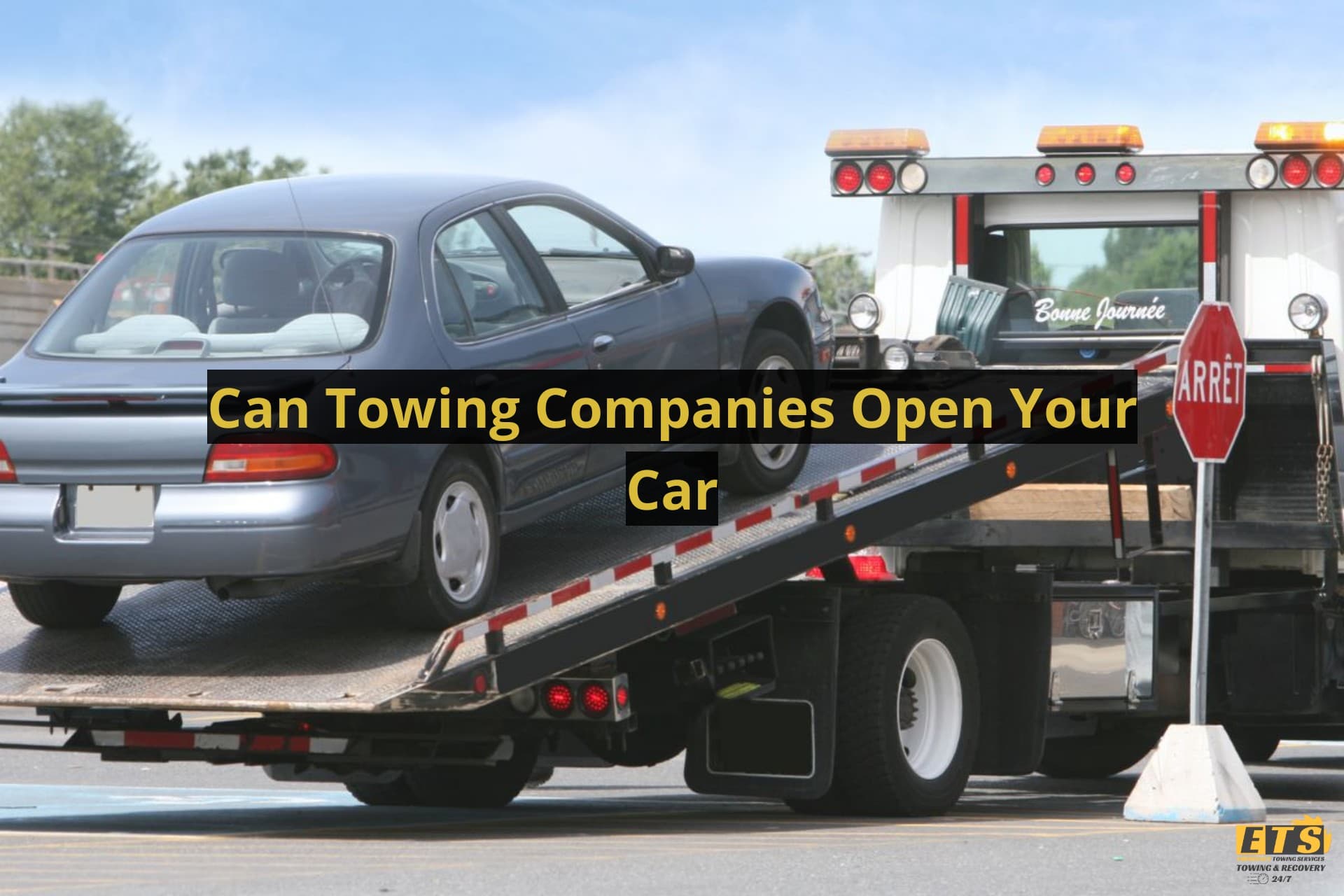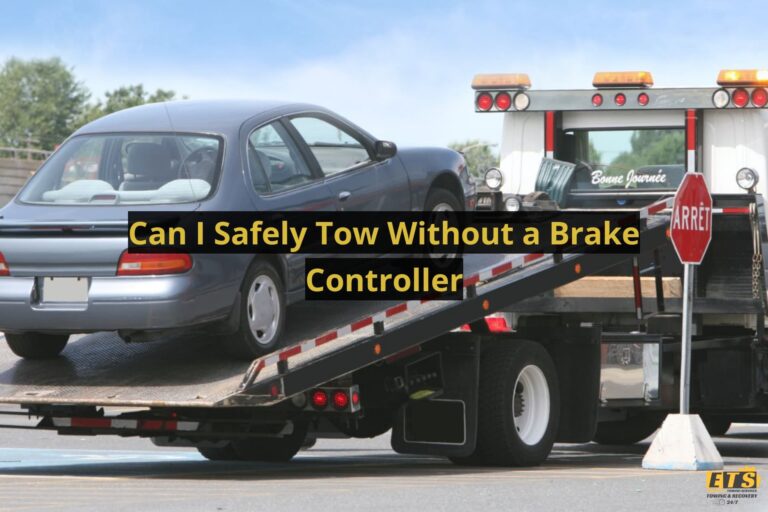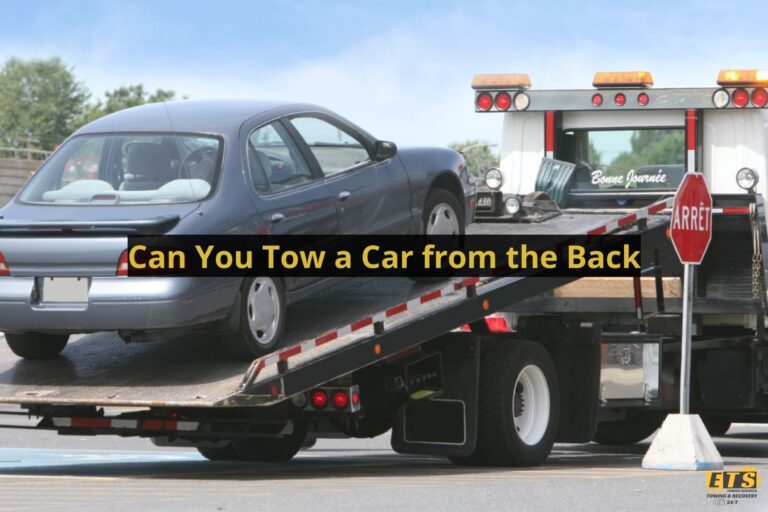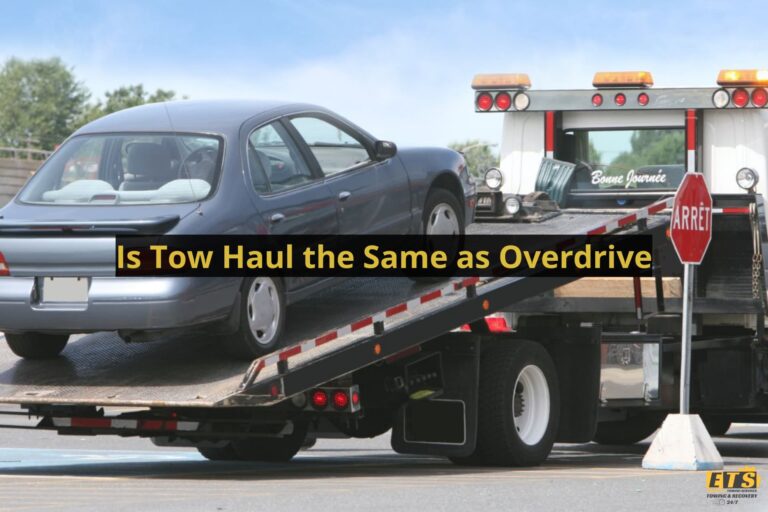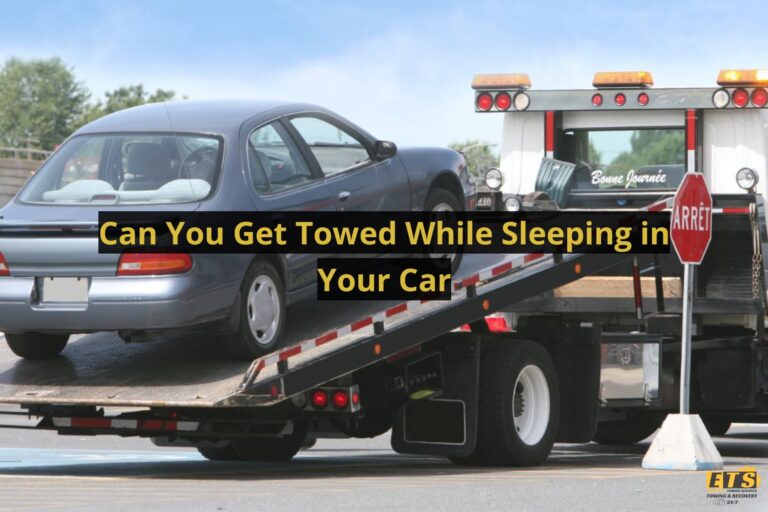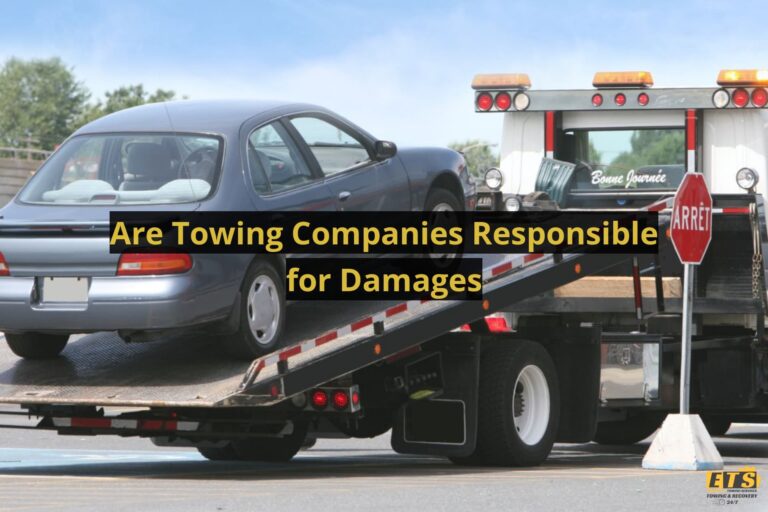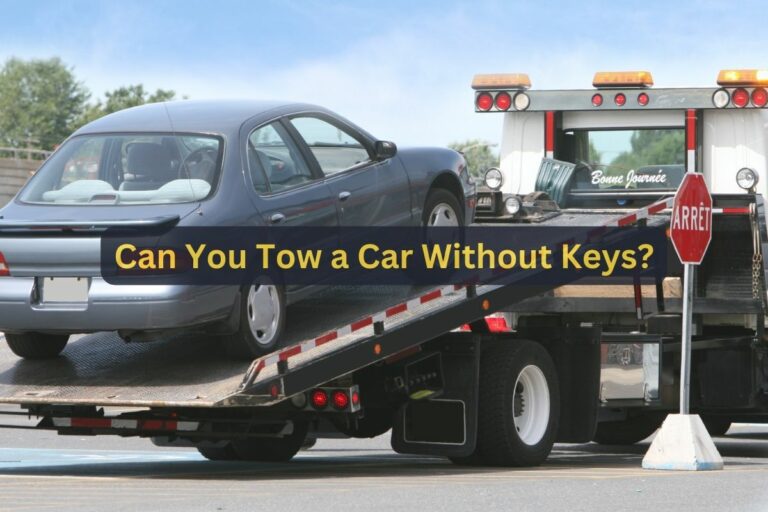Can Towing Companies Open Your Car
The information presented in this article is provided for general informational purposes only, and may not reflect the current laws or legal developments. This article does not constitute legal advice, and the reader should not act on the information contained in this article without first seeking professional counsel. We make no guarantees about the accuracy, completeness, or adequacy of the information contained in this article. The reader assumes all risks and liabilities associated with any actions taken as a result of reading this article. To obtain legal advice on your specific matter, please contact a qualified legal professional.
Have you ever wondered if a towing company can legally open your car? The answer is not a simple yes or no. In general, tow truck operators are allowed to open your car door in order to tow it away. However, they should only do so if it is absolutely necessary, and you should be notified beforehand.
According to the law, tow truck drivers are only allowed to open your car if the keys are not in the ignition, or if the car is not running. If the keys are in the ignition, the driver must ask for your permission to enter the car. If you refuse, they cannot tow your car. Additionally, if you are present and can provide access to the car, the driver should not force entry.
It is essential to know your rights when it comes to towing companies opening your car. While they are legally allowed to do so in certain circumstances, they must follow specific protocols. Being knowledgeable about your rights can help you avoid any unnecessary damage to your vehicle and ensure that you are not taken advantage of by unscrupulous towing companies.
Can Towing Companies Open Your Car?
If you have ever had your car towed, you may have wondered whether the towing company has the legal authority to open your car. In this section, we will explore the legality of towing companies opening your car, what happens if your car is towed, and how you can protect your rights as a vehicle owner.
Can Towing Companies Legally Open Your Car?
The answer to this question depends on the circumstances under which your car was towed. If your car was towed from private property, such as a parking lot or apartment complex, the towing company may have the legal authority to open your car. However, they must have a valid reason for doing so, such as retrieving personal property or securing the vehicle for transport.
In some states, such as California, towing companies are required to obtain the vehicle owner’s consent or a court order before opening a locked vehicle. However, in other states, towing companies may have the legal authority to open locked vehicles without the owner’s consent.
What Happens if Your Car is Towed?
If your car is towed, you will need to retrieve it from the towing company’s impound lot. You will be required to pay a towing fee, which can vary depending on the location and circumstances of the tow. In addition to the towing fee, you may also be required to pay storage costs if you do not retrieve your vehicle promptly.
If your car was towed due to a parking violation, such as parking in a no-parking zone or blocking a fire hydrant, you may also receive a ticket from law enforcement. In some cases, the towing company may be authorized to issue the ticket on behalf of the government.
Protecting Your Rights
To protect your rights as a vehicle owner, it is important to understand the towing laws in your state and the circumstances under which your car can be towed. If you believe that your car was towed illegally or that the towing company damaged your vehicle or personal property, you may have legal recourse.
You can file a complaint with the towing company, your insurance company, or the attorney general’s office in your state. You may also want to consult with an attorney who specializes in towing law to explore your legal options.
In conclusion, towing companies may have the legal authority to open locked vehicles under certain circumstances. If your car is towed, you will need to pay a towing fee and possibly storage costs to retrieve it. To protect your rights as a vehicle owner, it is important to understand the towing laws in your state and take appropriate action if you believe your rights have been violated.
What Happens if Your Car is Towed?
If your car is towed, it can be a frustrating experience. It’s important to know what to expect and what your rights are in this situation. Here are some things to keep in mind:
Towing Process
When your car is towed, it is typically taken to an impound lot or tow yard. The process for retrieving your car will vary depending on the reason for the tow. If your car was towed due to a parking violation, you will need to pay the fine and any towing fees before you can retrieve your car. If your car was towed due to an accident or other reason, you may need to provide proof of ownership and insurance before you can retrieve your car.
Towing Fees
Towing fees can vary widely depending on the state and the reason for the tow. In some states, there are maximum fees that towing companies can charge. In California, for example, the maximum fee for a non-consensual tow is $230. In other states, there may be no limit on the fees that can be charged. It’s important to know what the fees are in your state and to ask for an itemized bill before paying.
Damage to Your Car
If your car is damaged during the towing process, you may be able to file a claim with your insurance company or the towing company’s insurance company. It’s important to document any damage to your car before it is towed and to take pictures of the damage. You may also want to consider contacting an attorney if you believe that the towing company was negligent.
If your car is towed, it’s important to act quickly to retrieve your personal belongings. In some cases, you may be able to retrieve your items from the impound lot without paying the towing fee. However, you should be prepared to show proof of ownership and identification.
It’s also important to know your rights when it comes to towing. In some cases, towing companies may tow your car illegally or without your consent. If you believe that your car was illegally towed, you may want to consider filing a complaint with your state’s attorney general or consumer protection agency.
In conclusion, if your car is towed, it can be a frustrating experience. However, by knowing your rights and the towing process, you can make the process as smooth as possible.
How to Retrieve Your Car After it Has Been Towed
If your car has been towed, it can be a frustrating and stressful experience. However, there are steps you can take to retrieve your vehicle. Here is what you need to know:
Payment and Proof of Ownership
Before you can retrieve your car, you will need to pay the towing fees and any outstanding fines. The amount you will need to pay can vary depending on the reason your car was towed and the location. Some tow companies accept credit card payments, while others only accept cash. It is best to call ahead and confirm the accepted payment methods and the total amount you will need to pay.
In addition to payment, you will also need to provide proof of ownership for the vehicle. This can include your driver’s license, vehicle registration, and proof of insurance. Make sure you have these documents with you when you go to retrieve your car.
Retrieving Personal Belongings
If you need to retrieve personal belongings from your car, you may be able to do so at the impound lot. However, you may need to provide proof of ownership and a valid ID to retrieve your items.
It is important to note that some states have laws that require tow companies to allow vehicle owners to retrieve personal items from their cars, even if they have not paid the towing fees. However, this may not apply in all cases, so it is best to check with the tow company or consult with an attorney if you have any questions.
State Laws and Maximum Fees
It is important to be aware of state laws regarding towing, as well as the maximum fees that tow companies can charge. For example, in California, tow companies cannot charge more than $225 for a non-consensual tow, and they must release the vehicle to the owner or their authorized representative within two hours of receiving payment.
If you believe that your car was illegally towed or that you were charged excessive fees, you may be able to file a complaint with the tow company, the police, or the state government. It is also a good idea to document the condition of your vehicle and any damages that may have occurred during the towing process.
Overall, retrieving a towed vehicle can be a challenging process, but by following these steps and being aware of your rights, you can make the process as smooth as possible.
Conclusion
In conclusion, it is legal for towing companies to open your car in certain circumstances. However, it is important to be aware of your rights and take steps to protect yourself and your vehicle. Here are a few key takeaways to keep in mind:
- Towing companies may open your car if it is necessary to tow it, but they must follow certain procedures and regulations.
- If your car is towed from private property, the towing company must provide you with notice and information about where your car is being held.
- Towing companies are responsible for any damage that occurs to your vehicle while it is in their possession.
- To avoid having your car towed, make sure to park in designated areas and follow all parking regulations.
Remember, if your car is towed, it can be a frustrating and stressful experience. However, by understanding your rights and taking steps to protect yourself, you can minimize the impact of this situation. If you have any questions or concerns about towing companies and their practices, be sure to consult with a legal professional or other expert in the field.

